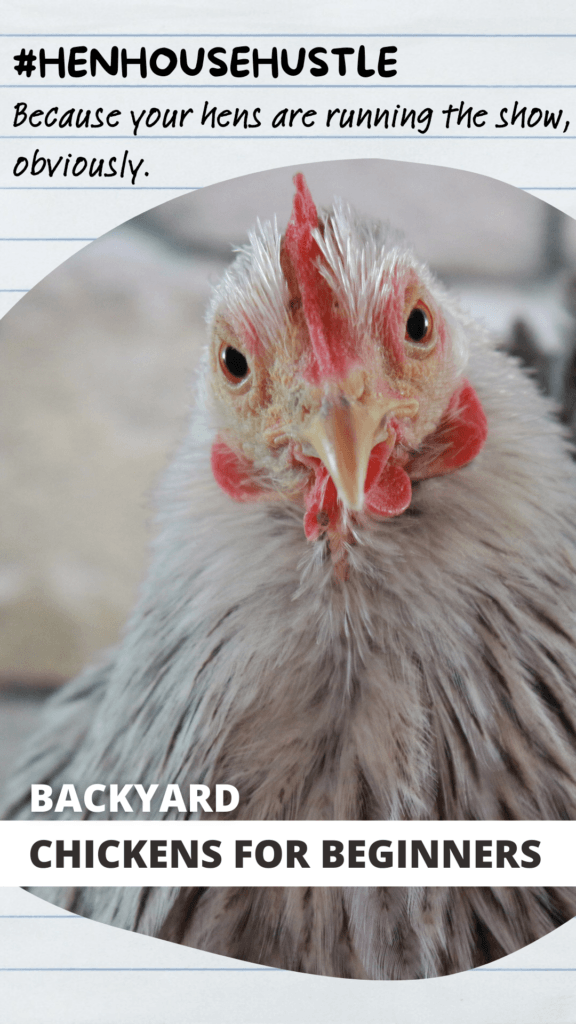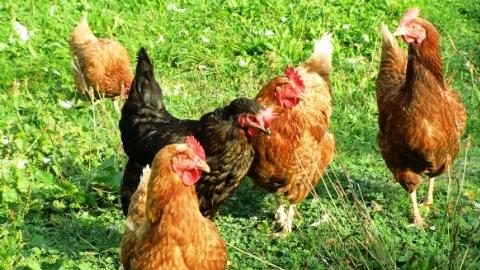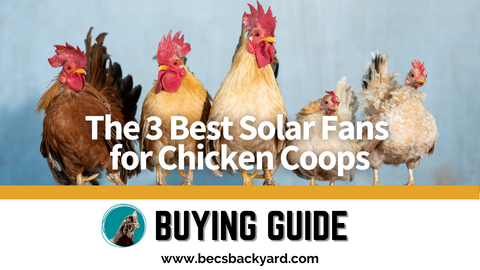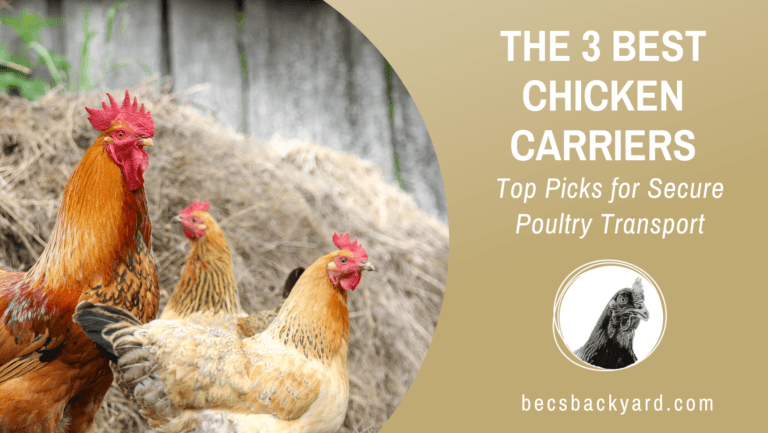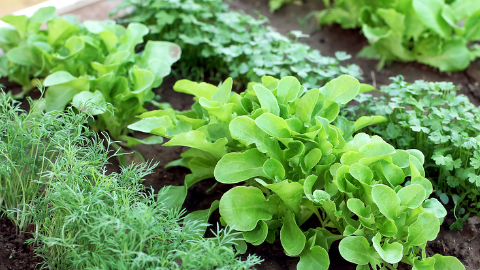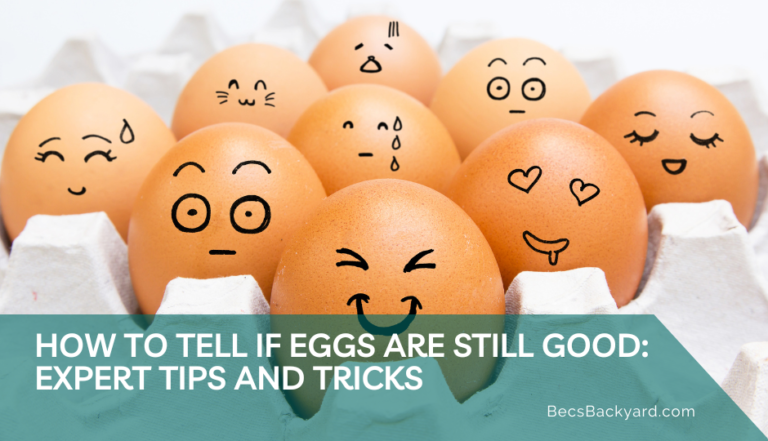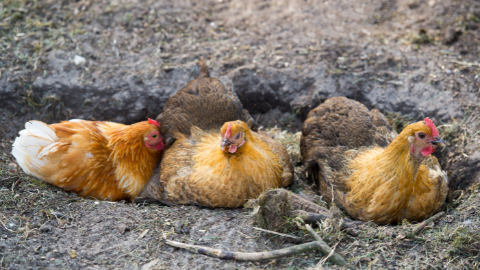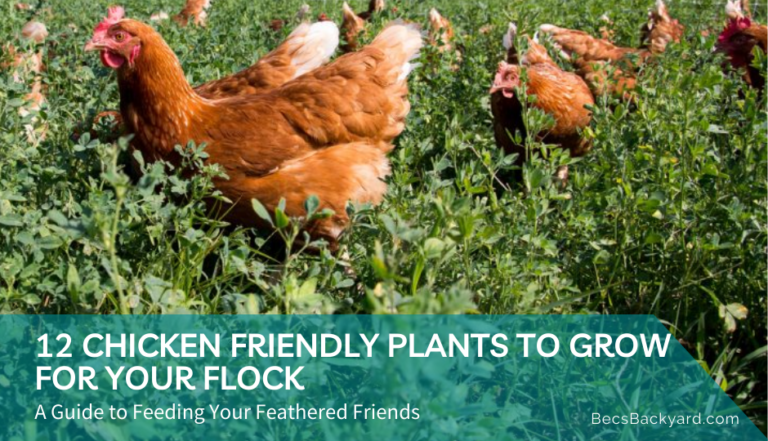Backyard Chickens for Beginners : 5 Tips To Get You Started
Welcome to the world of backyard chicken keeping! This updated guide is designed to help beginners embark on a successful journey of raising chickens in your own backyard. Whether you’re interested in fresh eggs, connecting with nature, or simply enjoying the company of feathered friends, these tips will set you on the right path. Backyard Chickens for Beginners are relatively easy to keep, you just need to get the basics sorted before you venture into the great adventure. Read below for more information on our 5 Tips to get you started.
- Local authorities
- Expectations
- Housing
- Food and Water
- Entertainment
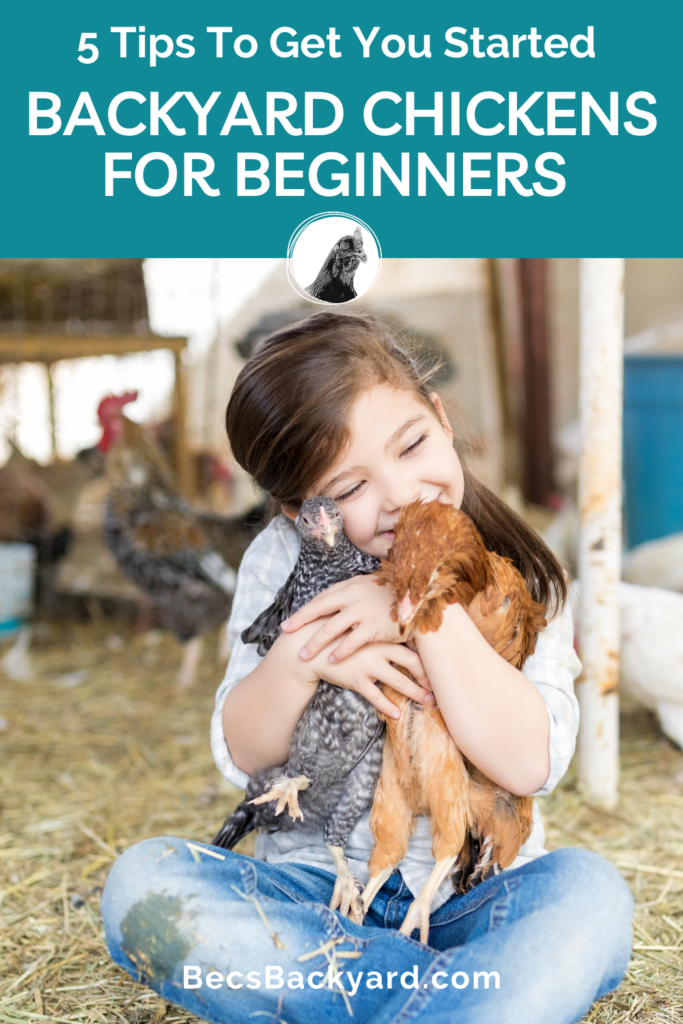
5 Tips For Backyard Chickens For Beginners
Local Authorities
Before diving into chicken keeping, it’s essential to check with your local authorities regarding regulations and ordinances related to urban farming. This is particularly important when you live in a suburban area where you have houses and neighbors close by. In most instances there are regulations on the number of birds that can be kept and whether you can have a rooster with your hens. Research any zoning restrictions, permits, or licenses you might need to legally keep chickens in your area. By starting off on the right side of the law, you can ensure a smooth and hassle-free experience.
Expectations
Understanding what to expect is crucial as you begin your chicken-keeping journey. Chickens require care, attention, and time commitment. While the rewards are many, including fresh eggs and companionship, be prepared to invest effort into creating a suitable environment for your flock and addressing their needs. Here are some things that you might not know:
- You don’t need a rooster for your hens to lay eggs
- A chicken’s best egg laying years are within their first 3 years, each year after that production gets less and less
- You need to be prepared for your feathered family member to be around for up to 10 years
- You need to keep at least 2 hens – they are social creatures and do not do well on their own
- They don’t lay year round – chickens need between 16-18 hours per day of daylight in order for their system to make an egg. In the months where they isn’t enough daylight hours they will go off the lay. They will also take a break from laying when they are molting – growing feathers is the priority during this time
- They poop the most when they are roosting at night – a good roost will have substrate on the floor to absorb the moisture from the steaming pile, good news is that your compost will be fantastic with this added nutrient!
Housing
Chickens need indoor space for roosting and laying eggs – their house, they also need an outdoor area to run peck scratch and generally be chickens – their backyard.
When designing your chicken coop there are things to consider:
Space Requirements
Be prepared to have around 3-4 cubic foot per bird in the run, 20cm roosting space each bird and 1 nest box for every 3-4 birds.
How does this look? Well, if you are going to let your hens free range around your property the run space will only be needed when you need to lock them up to stay safe. If your flock is going to stay in their run permanently having more space will benefit your birds.
The Coop – Roosting
The roost part of the coop will be for sleeping and should be off the ground. Chickens instinctually want to roost high to be out of the reach of predators. The roosts we have prepared for our birds are lengths of 4×2 timber and large branches, this allows the birds to perch but not have to hang onto the roost – they can relax their feet. This photo is a great example of a roost that can provide a great sleeping area for chickens.
The Coop – Nesting
The hens will require a quiet dark area for laying their eggs. There are a few options here and all can be made without spending additional money. The main things to keep in mind is that there needs to be enough laying boxes for the number of hens you have. You can use anything from a cardboard box, a wooden crate, even a disused catcher from a lawnmower. If you provide suitable places within the coop (not under the roost) the chickens will lay, if nothing suitable is provided they will look elsewhere.
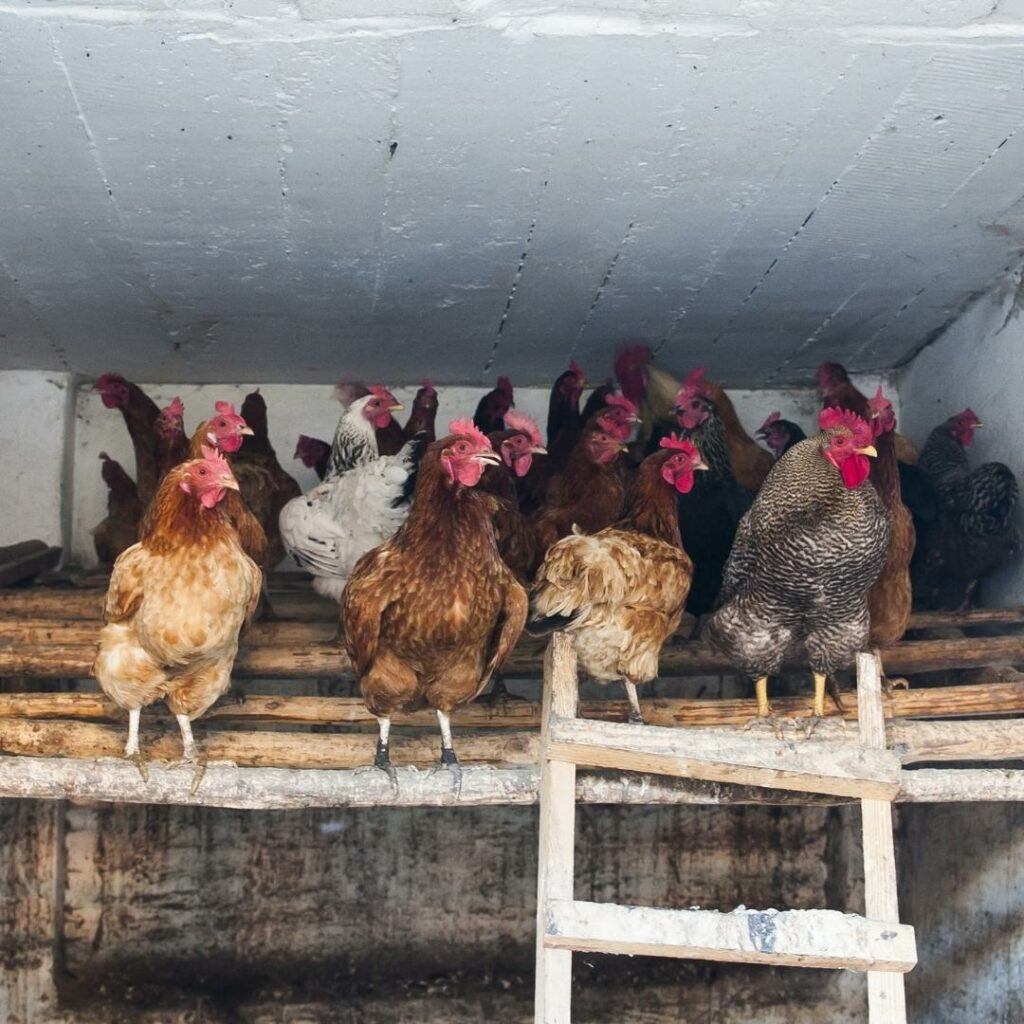
Security
Both wild and domesticated animals will want to eat your chickens. Making your coop and run predator proof keeps them safe and able to lay an egg another day. Make sure that their area is predator proof, from above as well as below
Ventilation
Your chicken coop must be dry and ventilated. Chicken droppings in an enclosed space is quite potent and very dangerous for the birds who have delicate lung tissue. Ensure that there is adequate fresh air flowing through their coop area and that the area can be dry – all sorts of bacteria can grow in a damp chicken coop. The ventilation will also assist with keeping temperatures lower during the summer months.
Food and Water
If you want your chicken to perform daily providing you with an egg you need to make sure they are getting adequate nutrition. Most chicken feed that has been prepared and sold in stores has followed a specific formula to meet the birds needs.
There is feed for chickens who are yet to reach their laying age, feed for laying birds, and feed for meat birds, Each feed type has a different nutrient combo.
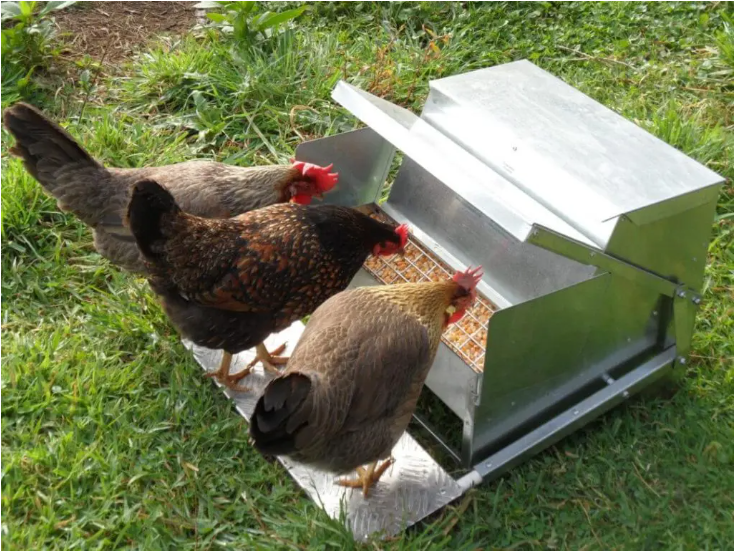
As well as a good nutritional feed, fresh water is a must. It plays an essential role in every aspect of metabolism and is critical to the regulation of the bird’s body temperature, food digestion, and waste elimination.
It is not necessary to provide your chickens with treats because the treat will alter the nutrient formula of their laying feed. It is acceptable that chickens forage for things and that only makes a small percentage of their intake.
Having automatic feeders or self help feeders means your chickens can access food whenever they need and it also reduces the amount of feed other animals can help themselves to.
Entertainment
Chickens are curious and intelligent creatures that benefit from mental stimulation. Create an engaging environment by offering them opportunities for natural behaviors like scratching, dust bathing, and pecking. Provide perches, roosts, and even hanging treats to keep them active and entertained. This not only enhances their well-being but also reduces stress-related behaviors.
Entertainment to a chicken is as simple as providing different structures for them to jump up on and investigate, throwing some of their feed into places you want them to scratch in, or putting feed into a can or bottle so they have to push it around for the feed to come out.
Boredom busters are essential when creating an enriched environment for your chickens, and it will take less than you think.
FAQ’s – frequently asked questions.
Do I need a rooster to get eggs?
No, you do not need a rooster to get eggs. Hens will lay eggs regardless of whether or not there is a rooster present. However, if you want fertilized eggs that can hatch into baby chicks, you will need a rooster.
How soon will my new chicks start laying eggs?
It can take anywhere from 4 to 6 months for a hen to start laying eggs after hatching. Some breeds may start laying earlier or later than others.
How many hens do I need to get eggs?
You only need one hen to get eggs, but it’s recommended to have at least 2-3 hens to keep each other company and for backup in case one stops laying or gets sick.
What do I feed my chickens?
Chickens need a balanced diet of protein, carbohydrates, and minerals. You can feed them commercial chicken feed or a mix of grains, seeds, and vegetables. It’s important to also provide them with clean water and access to grit and oyster shells for calcium.
Summary
By taking into consideration these updated tips, you’re well-prepared to embark on a successful journey of raising backyard chickens. Remember, as a beginner, there might be a learning curve, but the joys of fresh eggs, companionship, and a deeper connection to your food source make it all worthwhile. With dedication and the right knowledge, you’ll create a thriving and happy flock that brings you endless satisfaction.
Raising backyard chickens has so many benefits such as a daily egg, natural bug busters in the garden, sustainable living, entertainment and providing family friendly pets.
With consideration given to their most basic needs of shelter, security, and nutrition you can have happy healthy birds that will make you wonder how you ever lived without them.
